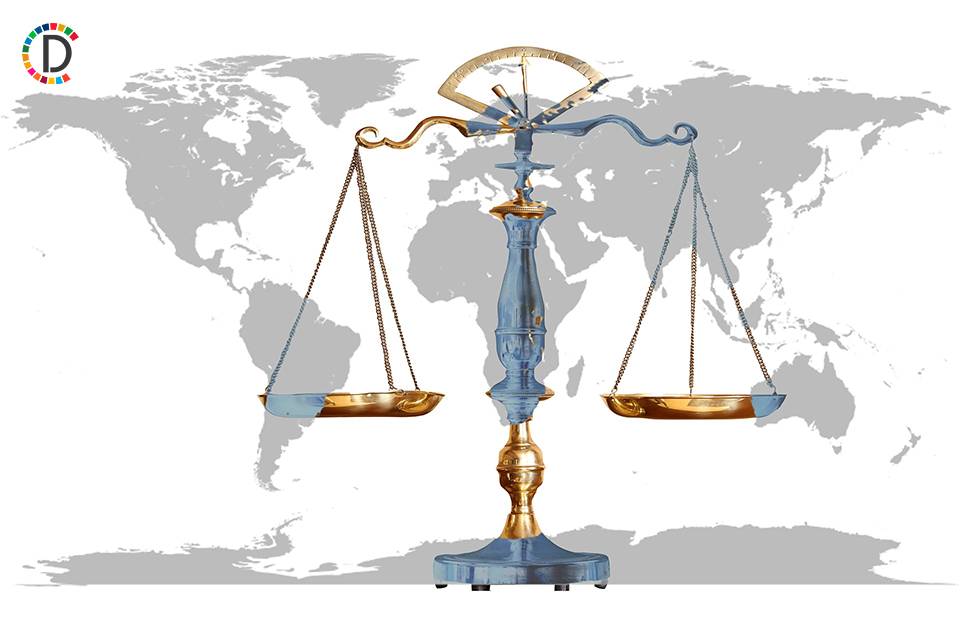Supreme Court's Push for Disability Access Standards
The Supreme Court has mandated the Indian government to implement mandatory accessibility standards for public spaces within three months. This follows slow progress on a 2017 court directive. The order emphasizes adapting existing infrastructures and ensuring new ones are inclusive, with enforceable standards distinct from guidelines.

- Country:
- India
In a decisive move, the Supreme Court has ordered the Indian government to enforce accessibility standards in public spaces for persons with disabilities within a three-month period. This directive, issued by a three-judge bench led by Chief Justice D Y Chandrachud, addresses the sluggish progress following a 2017 ruling.
The court highlighted the need for 'meaningful access' through a dual approach: modifying existing infrastructures to meet accessibility standards and ensuring new constructions are inclusively designed from the start. The court criticized the current reliance on self-regulation via guidelines and called for enforceable rules under the Rights of Persons with Disabilities Act.
The Center for Disability Studies at NALSAR University has been assigned to assist the government in formulating these mandatory standards. The university conducted a thorough evaluation of current accessibility, meriting a compensation of Rs 50 lakh for their efforts. The Ministry of Social Justice and Empowerment is tasked with this payment, due by December 15, 2024.
(With inputs from agencies.)
ALSO READ
Balancing Act: Infrastructure Growth vs Environmental Preservation
Omar Abdullah Drives Development Push in Jammu: Focus on Infrastructure and Flood Mitigation
Strategic AI Infrastructure: Paving the Path for India's Digital Future
India and Germany Forge New Path for Hydrogen Integration in Gas Infrastructure
Infrastructure Slows, Export Growth Cushions Construction Equipment Market









